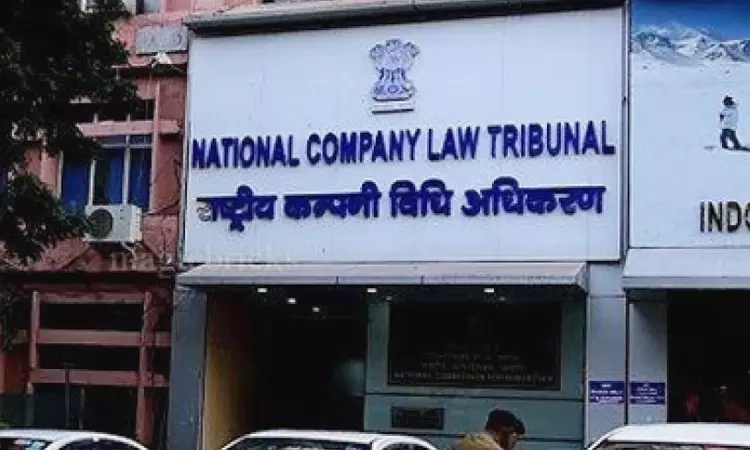Bankrupt Individual Cannot Seek Discharge U/S 138(1) Of IBC: NCLT New Delhi
Tazeen Ahmed
14 Feb 2025 7:00 PM IST

Next Story
14 Feb 2025 7:00 PM IST
The National Company Law Tribunal (NCLT), New Delhi bench comprising Bachu Venkat Balaram Das (Judicial Member) and Atul Chaturvedi (Technical Member) has held that under Section 138(1) of the Insolvency and Bankruptcy Code, 2016 (IBC), only the Bankruptcy Trustee has the authority to apply for the discharge of a bankrupt individual before the Adjudicating Authority. The Tribunal held...
